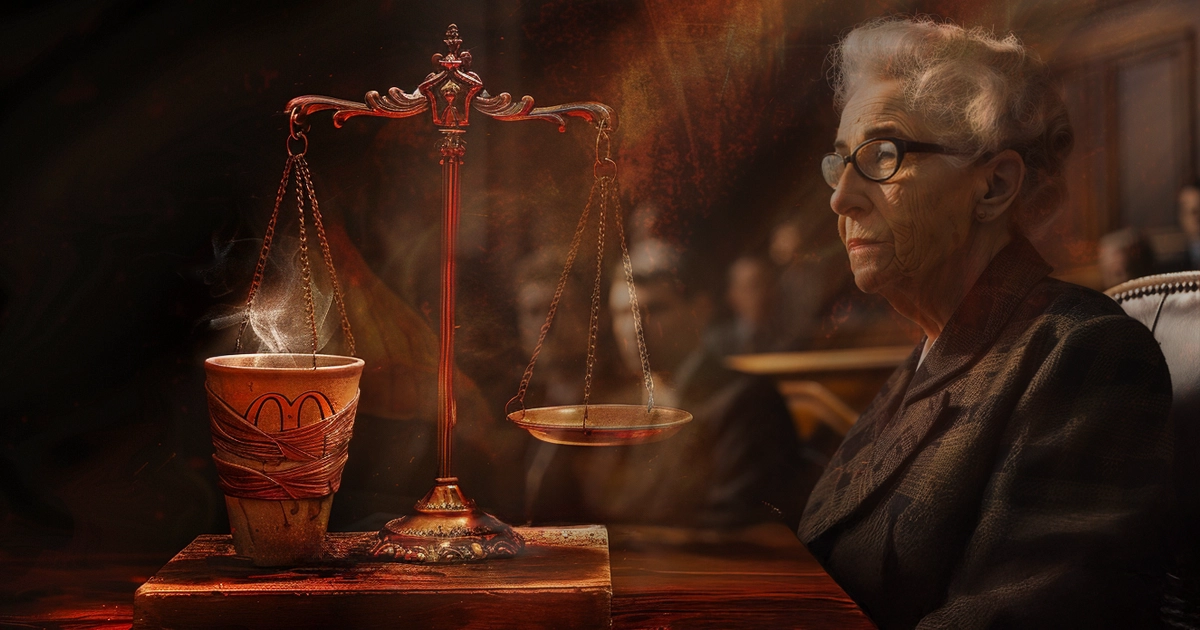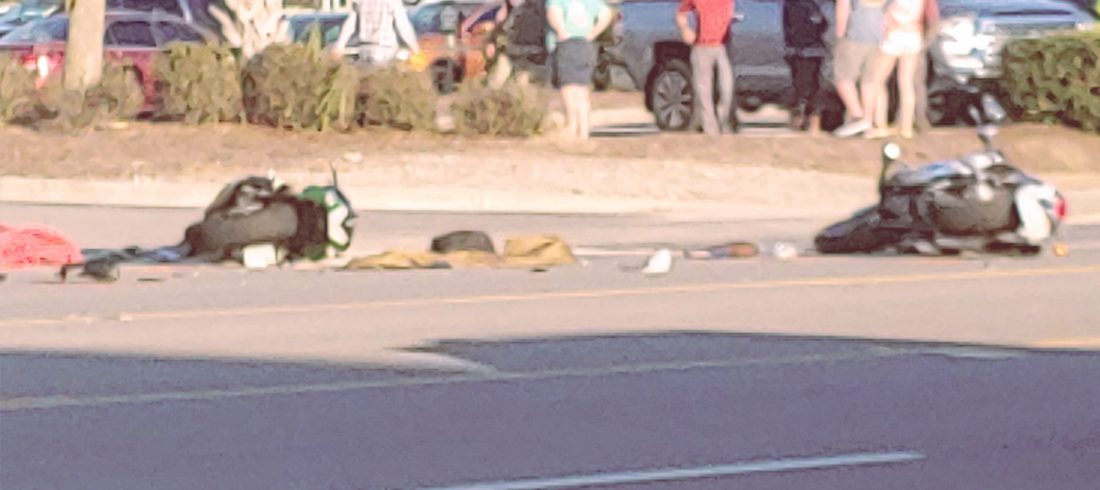When you’ve been injured in an accident, your primary focus is on recovery. However, if another party’s negligence contributed to your injuries, you may be entitled to compensation. One important factor that can influence your case is comparative negligence—a legal principle that determines how fault is shared and how it affects your ability to recover damages.
What is Comparative Negligence?
Comparative negligence is a rule applied in personal injury cases to assess the degree of fault between the injured party and the defendant. If you are found to have contributed to your own injury in any way, your compensation may be reduced proportionally. In some states, if you are found to be more than 50% at fault, you may be barred from recovering any damages at all.
The Infamous McDonald’s Coffee Case: A Lesson in Comparative Negligence
One of the most well-known personal injury cases that involved comparative negligence was Liebeck v. McDonald’s Restaurants. In 1992, 79-year-old Stella Liebeck suffered third-degree burns after spilling a cup of McDonald’s coffee on herself. The coffee, served at an extremely high temperature, caused severe burns requiring skin grafts and a lengthy recovery process.
McDonald’s had received over 700 complaints about its coffee being too hot, yet continued its practice of serving it at temperatures between 180°F and 190°F—hot enough to cause serious burns. The jury determined that McDonald’s bore 80% of the responsibility for the incident, but Liebeck also held 20% of the fault for handling the coffee in a way that led to the spill. As a result, her compensatory damages were reduced accordingly.
This case illustrates how comparative negligence affects personal injury claims. Even though Liebeck was partially at fault, she was still able to recover compensation because McDonald’s bore the greater share of responsibility.
How Comparative Negligence Affects Your Personal Injury Claim
Depending on the state in which your accident occurred, comparative negligence laws may impact your ability to recover damages in different ways:
- Pure Comparative Negligence – Even if you are 99% at fault, you can still recover 1% of the total damages.
- Modified Comparative Negligence (50% Rule) – If you are found to be 50% or more at fault, you cannot recover any compensation.
- Modified Comparative Negligence (51% Rule) – You are barred from recovering damages if you are found to be 51% or more at fault.
Protecting Your Rights After an Accident
If you’ve been injured in an accident, taking immediate steps can help protect your rights and improve your chances of receiving fair compensation:
- Seek Medical Attention – Your health comes first. Prompt medical treatment also creates a record of your injuries.
- File a Police Report – Official documentation of the accident can be crucial in determining fault.
- Avoid Admitting Fault – Statements like “I should have been more careful” can be used against you.
- Gather Evidence – Photos, witness statements, and security footage can help establish liability.
- Consult an Experienced Attorney – Legal guidance is essential in navigating the complexities of comparative negligence.
The Floyd Law Firm PC: Advocating for Your Rights
At The Floyd Law Firm PC, we understand how overwhelming a personal injury claim can be, especially when comparative negligence is involved. Our experienced attorneys are dedicated to fighting for the compensation you deserve. Whether you were injured in a car accident, slip and fall, or another incident, we will work tirelessly to build a strong case on your behalf.
Serving Surfside Beach, Myrtle Beach, and throughout South Carolina, our firm has over 100 years of combined experience in personal injury law. We are here to provide compassionate, professional, and effective legal representation when you need it most.
If you or a loved one has been injured due to someone else’s negligence, contact The Floyd Law Firm PC today for a consultation. Let us help you navigate the legal process and secure the compensation you need to move forward.
Learn More:
Personal Injury Cases in South Carolina: Your Local Surfside Beach Law Firm Here to Help





